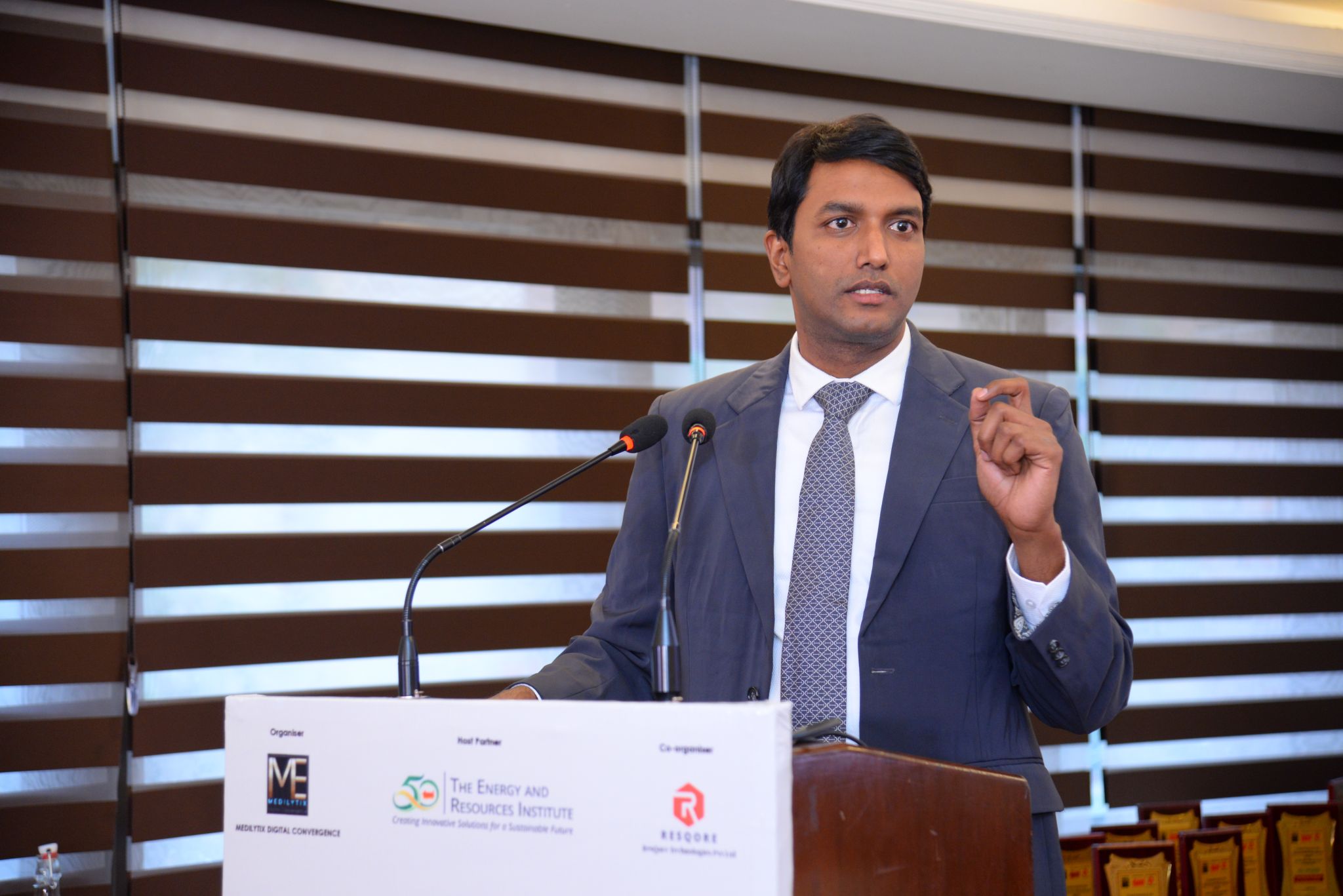New Delhi: Speaking at the ‘Conference on Disaster Resilience-2024 at Indian Habitat Centre, New Delhi on Thursday, GS Naveen Kumar, Revenue Secretary & Relief Commissioner, UP , underscored the critical role of data in disaster management and resilience-building efforts. Kumar emphasized that leveraging data is not only essential but also the way forward in enhancing disaster preparedness and response strategies.
“We are in the process of creating the country’s first climate-resilient observatory,” Kumar stated, highlighting the state’s ambitious plans to establish a comprehensive framework for disaster resilience. He outlined the initiative to create a climate-resilient data lake containing both structured and unstructured data, aimed at bolstering the state’s ability to anticipate and mitigate various calamities effectively.
Speaking about the significant investments made in technology, Kumar revealed that Uttar Pradesh is on the verge of finalising a substantial investment of Rs 276 crores for a lightning sensor network. An additional allocation of Rs 50 crores has been earmarked for a flood sensor network. Moreover, the state is dedicating nearly Rs 500 crores to the Early Warning System (EWS), signaling a significant commitment to technological advancements in disaster management.
Kumar stressed the importance of collaboration among multiple agencies and technology partners to ensure the robustness and effectiveness of these systems. He highlighted the need for a value-driven approach, stating, “We need value propositions from our technology partners. We can’t afford systems that are more expensive than the losses incurred due to calamities.”
The State Relief Commissioner also addressed specific challenges faced by Uttar Pradesh, including instances of drought, floods, and lightning-related fatalities. He emphasized the urgency of deploying early warning systems and lightning sensors to mitigate such risks effectively. Furthermore, Kumar emphasised the importance of ensuring that these technological solutions reach grassroots levels to maximise their impact.
“We need to incorporate visualization into data through GIS, which is crucial for the government to make rapid decisions,” Kumar emphasised, highlighting the importance of data-driven decision-making in disaster response.
Kumar reiterated Uttar Pradesh’s commitment to disaster management, stating that the state is spending approximately Rs 10,500 crores towards these efforts. He emphasized the need for proactive measures, resilient infrastructure, and predictive capabilities to effectively address the evolving challenges posed by disasters in urban and rural areas alike. He said that prediction and preparedness should go together for disaster risk reduction.
The Conference, aimed at uniting all the DRR stakeholders, was organised by Medilytix Digital Convergence in association with The Energy & Resources Institute (TERI) and ResQore Technologies Pvt Ltd.


